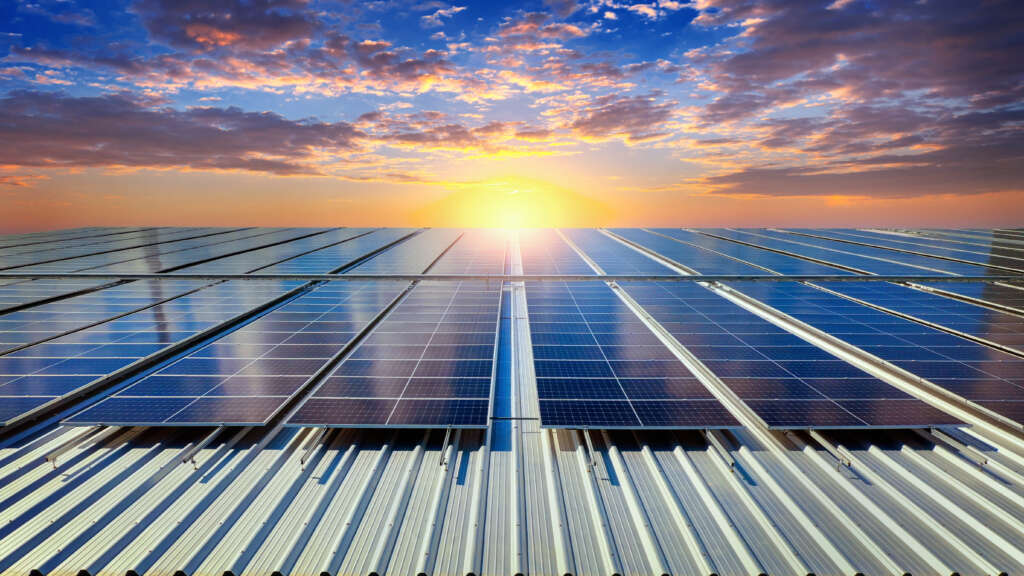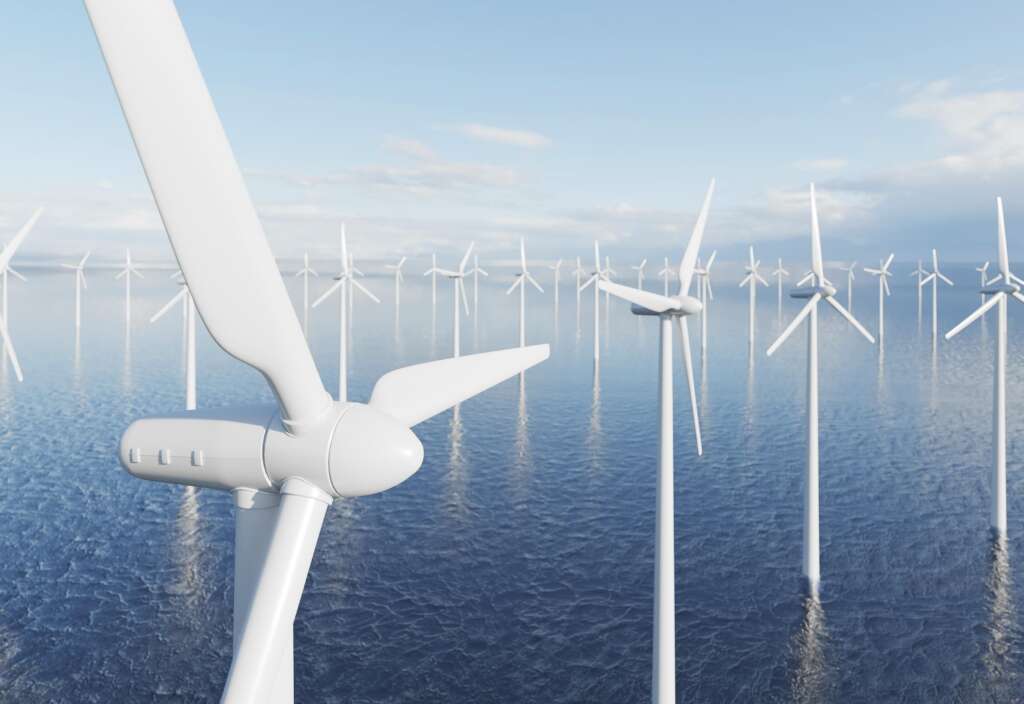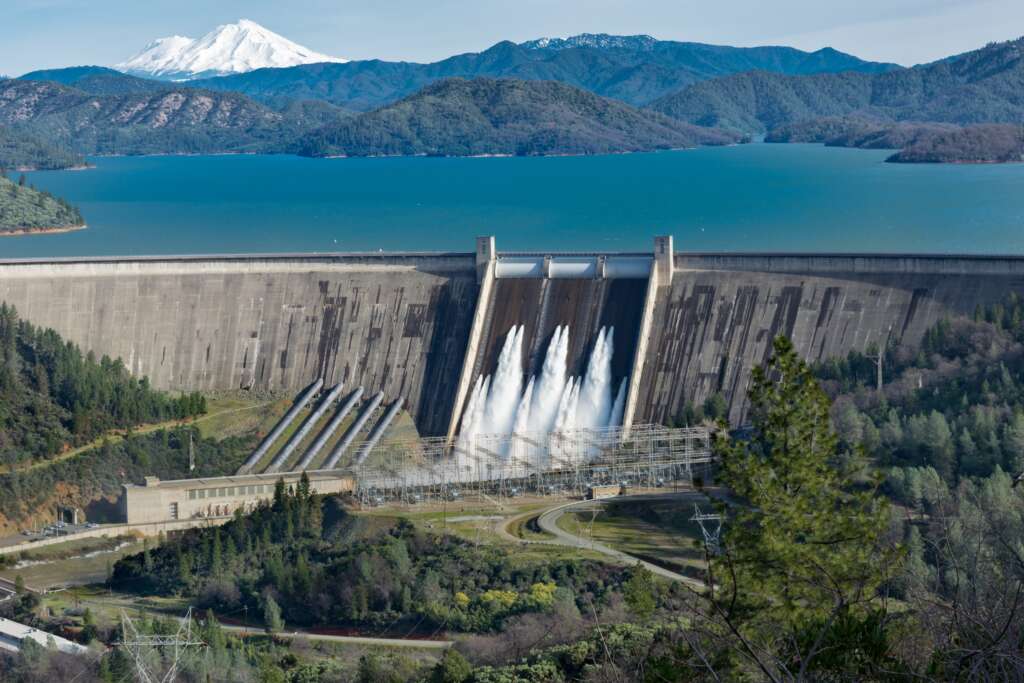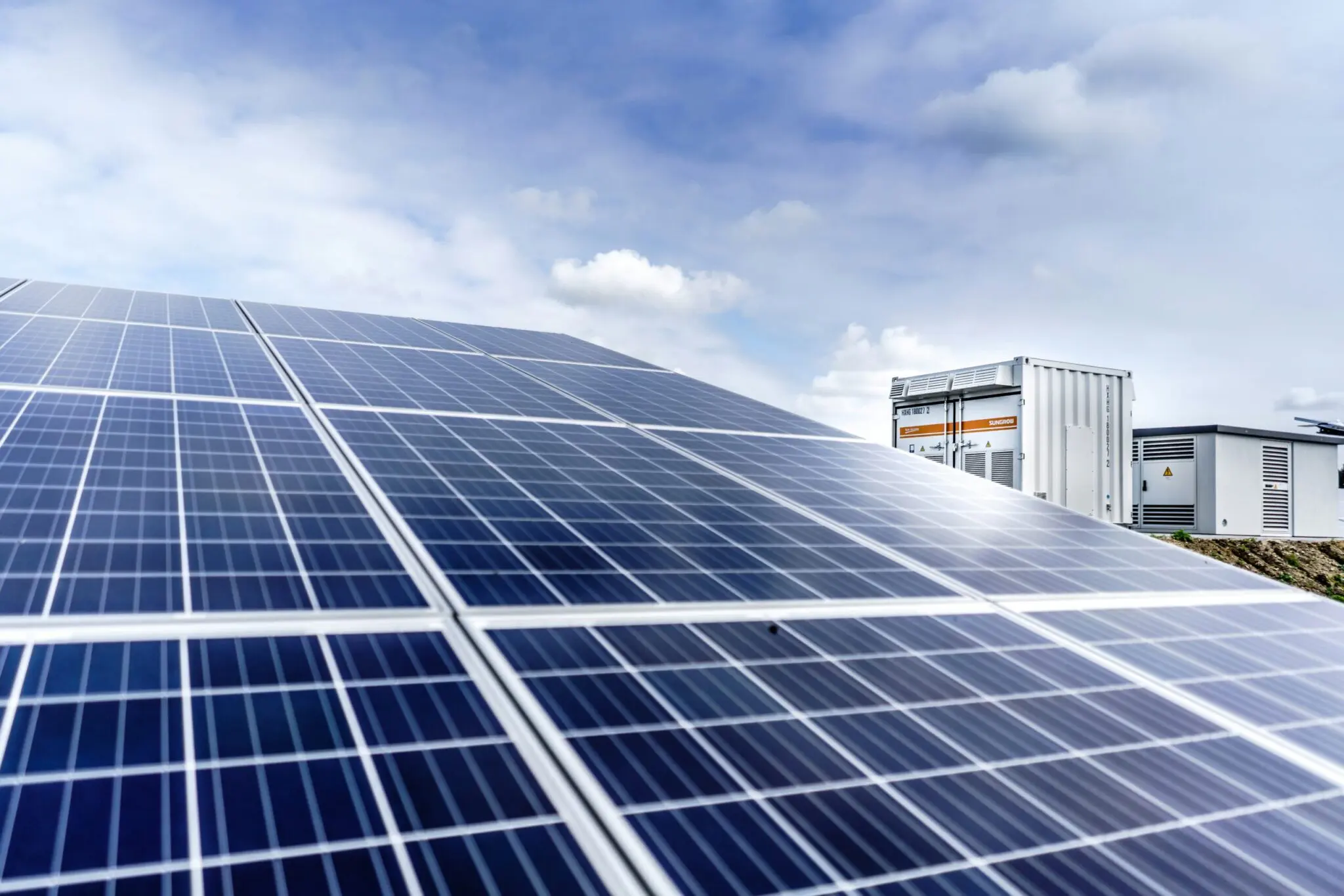Introduction
In the era of global energy transition, utilizing renewable energy sources is a top priority to reduce dependence on fossil fuels and reduce carbon emissions. Indonesia, with its geographical potential and favorable climate, has great opportunities in developing solar, wind and hydro energy. However, the question that often arises is: which of the three is the most efficient? This article will discuss a comparison of the efficiency of the three energy sources, highlighting the relevance and contribution of the S1 Energy Systems Engineering Study Program at Telkom University in supporting the development of renewable energy in Indonesia.
1. Solar Energy: Potential and Efficiency

Solar Energy Potential in Indonesia
Indonesia is located on the equator, providing the advantage of high sunlight intensity throughout the year. This makes solar energy one of the most potential renewable energy sources to be developed.
Solar Panel Efficiency
The efficiency of solar panels depends on various factors, including the technology used and environmental conditions. According to research, the efficiency of solar panels can increase with an effective cooling system. For example, the use of an air cooling system on a 180 WP solar panel can increase the efficiency by 16.11%.
Pros and Challenges
- Abundant and free source of energy.
- Environmentally friendly and produces no greenhouse gas emissions.
- Relatively easy maintenance and low operational costs.
- Efficiency depends on sunlight intensity and weather conditions.
- High initial investment for solar panel installation.
2. Wind Energy: Reliability and Efficiency

Wind Energy Potential in Indonesia
Wind energy in Indonesia has considerable potential, especially in coastal areas and areas with consistent wind speeds. However, the uneven distribution of wind speed poses a challenge in the development of this energy.
Wind Turbine Efficiency
The efficiency of wind turbines is affected by the turbine design and wind speed. In general, wind turbines have an energy conversion efficiency of about 35-45%. However, fluctuations in wind speed can affect the stability of energy production.
Pros and Challenges
- Clean and non-polluting energy source.
- Low running costs after installation.
Challenge:
- Dependence on wind conditions that are not always stable.
- Visual and noise impacts that may affect the surrounding neighborhood.
3. Water Energy: Stability and Efficiency

Water Energy Potential in Indonesia
With its many rivers and high rainfall, Indonesia has great potential in the development of water energy, both through large-scale hydropower plants (PLTA) and micro-hydro.
Hydropower Efficiency
Hydropower is known for its high energy conversion efficiency, reaching 90% under optimal conditions. Water flow stability is a key factor in maintaining this efficiency.
Pros and Challenges
- High efficiency and stable energy production.
- Can serve as flood control and irrigation.
- Environmental impact on the river ecosystem.
- Large initial investment and long construction time.
4. Efficiency Comparison of the Three Energy Sources
| Energy Sources | Efficiency (%) | Production Stability | Investment Costs | Environmental Impact |
|---|---|---|---|---|
| Surya | 15-20 | Fluctuating | Medium | Low |
| Wind | 35-45 | Fluctuating | Medium | Medium |
| Water | 80-90 | Stable | High | High |
Dari tabel di atas, dapat disimpulkan bahwa energi air memiliki efisiensi tertinggi dan produksi yang stabil, namun memerlukan investasi awal yang besar dan memiliki dampak lingkungan yang signifikan. Energi surya dan angin memiliki efisiensi yang lebih rendah dan produksi yang fluktuatif, namun dengan dampak lingkungan yang lebih kecil dan biaya investasi yang lebih terjangkau.
Conclusion
The selection of the most efficient renewable energy source depends on various factors, including geographical conditions, energy needs and resource availability. Hydropower offers high efficiency and stable production, but with a large initial investment. Solar and wind energy offer more flexible solutions with lower investment costs, albeit with lower efficiency and fluctuating production. The Energy Systems Engineering undergraduate study program at Telkom University plays an important role in preparing competent human resources to support the development of renewable energy in Indonesia.
More information about the requirements and registration schedule can be accessed on the official website of S1 Energy Systems Engineering Telkom University.
Reference :
Studi kinerja panel Surya Tipe 180 WP berdasarkan air cooling system dan perpindahan panas pada permukaan panel – Repository Universitas Islam Riau. (n.d.). https://repository.uir.ac.id/11041/
Kharisma, A., Pinandita, S., & Jayanti, A. E. (2024). Literature Review: Kajian Potensi Energi Surya Alternatif Energi Listrik. Jurnal Energi Baru Dan Terbarukan, 5(2), 145–154. https://doi.org/10.14710/jebt.2024.23956
Tags : S1 Teknik Sistem Energi | Teknik Sistem Energi
Author: Rasyifa Putri Raidah – Directorate of Information Technology Center


